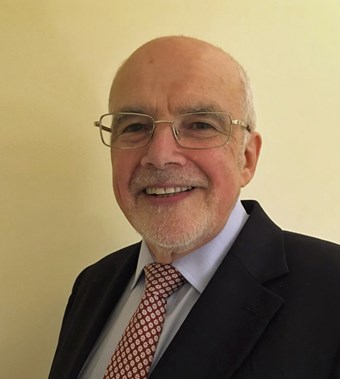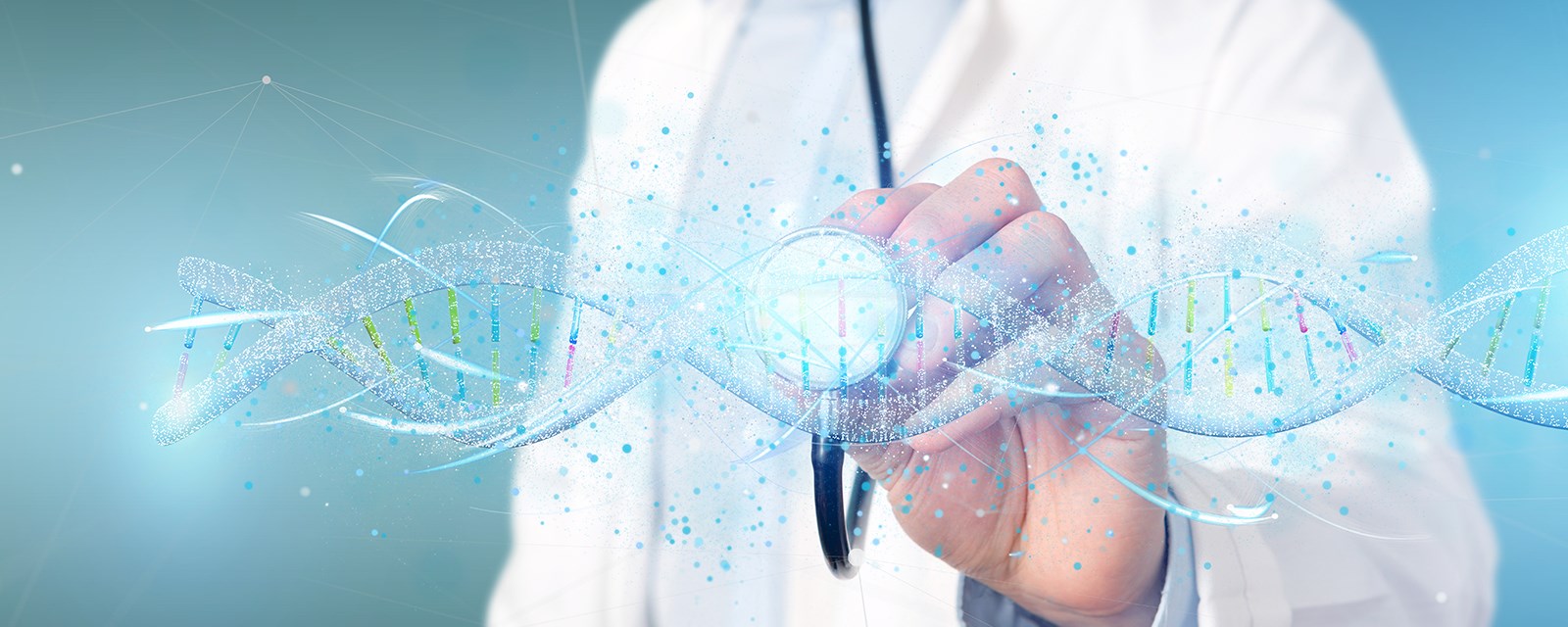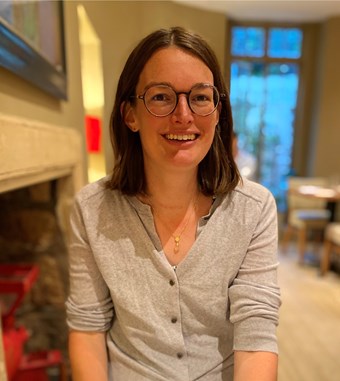
Dr James R Bonham
President, International Society for Neonatal Screening

Should every baby born in the UK have their genome sequenced? Could this help detect and treat severe genetic diseases in childhood? Can we balance the potential benefit to families with ethical concerns that come with the territory?
Tune into this interactive webinar to hear experts from the world of newborn screening, genomics, and patient advocacy discuss the nuances of these hot topics as the pilot for the newborn WGS programme comes closer to launch. Attendees will be able to take part in the public Q&A panels and have their say.
The purpose of this meeting is to provide an interactive day of talks and panel discussions exploring newborn screening in the UK, and how it may be re-shaped by the introduction of Whole Genome Sequencing.
Benefits of attending:
Follow us on:
Facebook
Instagram
LinkedIn
Twitter
YouTube

President, International Society for Neonatal Screening
Chief Executive Officer, MPS Society and Acting Chair, NBS Collaborative
Having two sons diagnosed with a rare disease (MPSII) changes your perspective and priorities in life. Having spent over 20 years in construction, many of which were at Board level, Bob decided to pursue a career in the Charity sector. At first becoming a Trustee, then progressed to Managing Director and Group CEO of various patient organisations, supporting those living with rare diseases and complex needs. Bob wanted to bring together his family experiences of a "Rare life lived" and commercial attributes in order to improve the lives of those most marginalised in society whilst, at the same time, helping to create a more sustainable financial future for patient organisations both in the UK and globally. As well as being Group CEO of the MPS Society/Rare Disease Research Partners he is proud to serve as Vice Chair of the LSD Collaborative, Board Member of the worldwide International MPS Network, Acting Chair of the New Born Screening Collaborative and work as a patient representative for MPS in various global charitable access programs that provide a possible lifeline to treatments in selected areas of the world. These are not job roles, but a way of life!
Principal Clinician, Newborn Genomes Programme, Genomics England
Dr David Bick is the Principal Clinician for the Newborn Genomes Programme at Genomics England. Prior to his work in England, he was the Chief Medical Officer and a faculty investigator at the HudsonAlpha Institute for Biotechnology. Dr Bick also served as the Medical Director of the Smith Family Clinic for Genomic Medicine at HudsonAlpha and the Laboratory Director of the HudsonAlpha Clinical Services Laboratory. He came to HudsonAlpha from the Medical College of Wisconsin where he was Professor in the Department of Pediatrics and the Department of Obstetrics & Gynecology and Director of the Clinical Sequencing Laboratory, Director of the Advanced Genomics Laboratory, Medical Director of the Genetics Clinic at Children’s Hospital of Wisconsin, and Chief of the Division of Genetics in the Department of Pediatrics at Medical College of Wisconsin. Dr Bick is board certified in Pediatrics, Clinical Genetics, and Clinical Molecular Genetics. Dr Bick has published numerous peer-reviewed articles, chapters, and reviews. His laboratories at the Medical College of Wisconsin and Children’s Hospital of Wisconsin were the first in the world to offer whole genome sequencing as a clinical test. He also developed the first Genomic Medicine Clinic in the United States.

Clinical Research Fellow, Wellcome Centre for Human Genetics and Centre for Personalised Medicine, University of Oxford
Dr Rachel Horton is a Clinical Genetics Registrar currently doing a DPhil at the Wellcome Centre for Human Genetics. Her research, funded by a Wellcome Trust Research Award for Health Professionals in Humanities and Social Sciences, explores what we should consider to be a genomic result. Genomic testing identifies the millions of variations that each of us has within our genetic code, and Rachel is interested in how and why decisions are made as to which of these variations should be considered the ‘result’ of a genomic test. Rachel studied medicine at Oxford, doing an intercalated BA in Molecular Medicine in 2008. She worked as a junior doctor in the Severn deanery before moving to Southampton in 2015 to train in clinical genetics. She completed an MSc in Genomic Medicine at the University of Southampton in 2018. Rachel is a Junior Research Fellow in Social Sciences at the Centre for Personalised Medicine.
Dr Alexander T Deng, Fellow, Clinical Artificial Intelligence and Registrar, Clinical Genetics, Guy’s and St Thomas’ NHS Foundation Trust
Dr James R Bonham, President, International Society for Neonatal Screening
Mr Bob Stevens, Chief Executive Officer, MPS Society and Acting Chair, NBS Collaborative
Dr David Bick, Principal Clinician, Newborn Genomes Programme, Genomics England
Professor Emma Baple, Professor of Genomic Medicine and Consultant Clinical Geneticist, Royal Devon University Healthcare NHS Foundation Trust, Medical Director, South West Genomic Laboratory Hub and Chair, Newborn Genomes Programme Conditions Framework Working Group
Dr Rachel Horton, Clinical Research Fellow, Wellcome Centre for Human Genetics and Centre for Personalised Medicine, University of Oxford
Amanda Picchini, Clinical Lead, Genetic Counselling, Genomics England
Online
Registration for this webinar will close 1 hour prior to the start time. You will receive the webinar link 1 hour before the meeting. Late registrations will not be accepted.
Webinar recordings will be available for registered delegates up to 60 days after the live webinar, via Zoom. The link will be sent 24 hours after the webinar takes place.
This webinar will be recorded and stored by the Royal Society of Medicine and may be distributed in future on various internet channels.